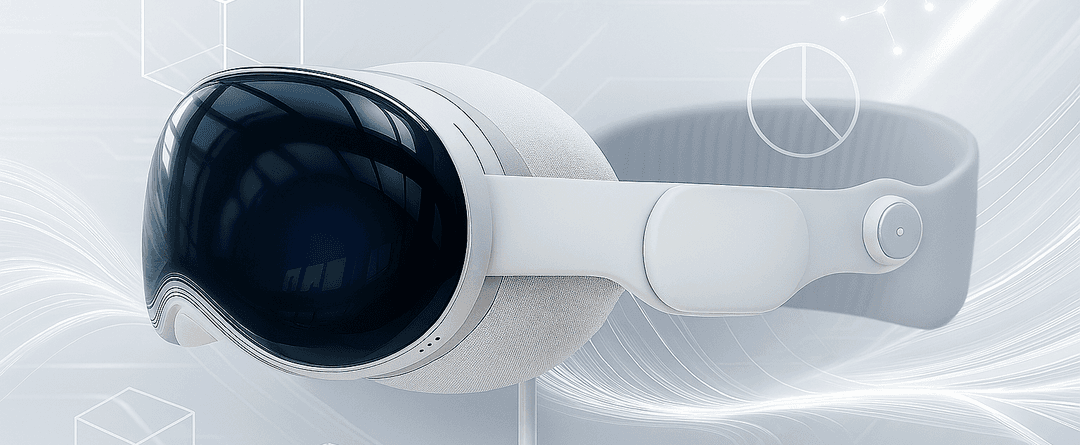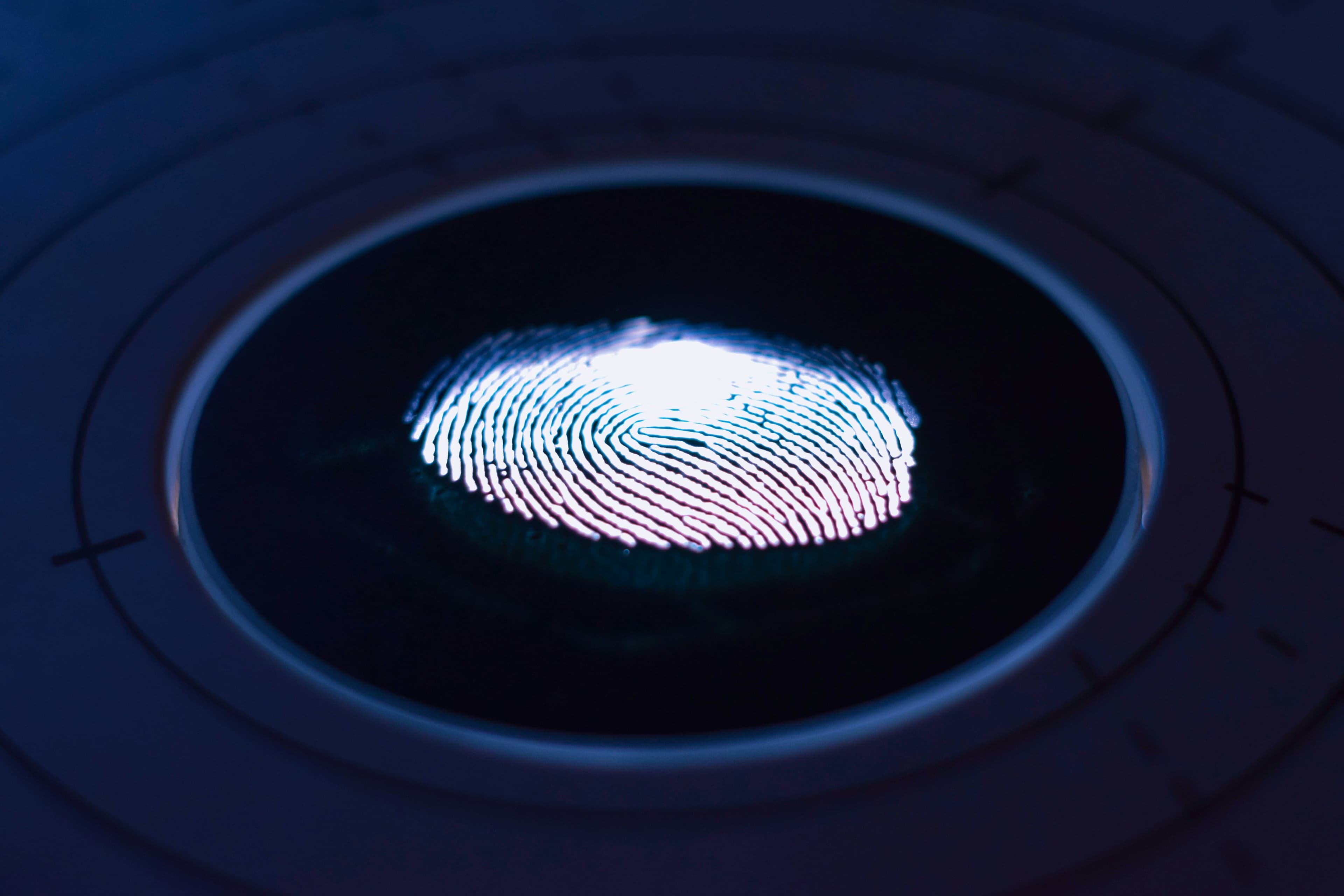
Computer Forensics
Program Details
- Language: English
- Fees: 900
- Registration Deadline: March 15th, 2026
Entry requirements
- High school diploma or equivalent
- Basic computer literacy
- English Level B1 (CEFR) or equivalent
Study Access
About This Course
The Computer Forensics module equips master’s students with the theoretical foundations and practical skills required to investigate, analyze, and report on digital evidence in a systematic and legally sound manner. Through a combination of lectures, case studies, and project-based work, students learn to apply forensic tools and techniques across diverse environments including computers, mobile devices, cloud platforms, and networks. The course emphasizes both technical proficiency and the ability to communicate findings effectively in organizational and legal contexts, preparing graduates for careers in cybersecurity, digital investigations, and incident response.
Learning Objectives
- Understand the lifecycle of a forensic investigation and the principles of evidence handling.
- Apply structured methodologies to conduct forensic analysis, including chain-of-custody, timeline reconstruction, and artifact analysis.
- Gain hands-on experience in file system analysis, network and mobile device forensics, malware investigation, and digital reporting.
- Develop the ability to reflect critically on their investigative approaches and improve professional practice.
- Demonstrate readiness to address real-world forensic challenges through simulated investigations, case studies, and project work.
Program Outcomes
Upon successful completion, students will be able to:
- Conduct forensic investigations following recognized methodologies and best practices.
- Collect, preserve, and analyze digital evidence using industry-standard tools such as EnCase, FTK, and Autopsy.
- Evaluate the legal and ethical implications of forensic practices, ensuring compliance with international standards.
- Communicate forensic findings clearly to both technical and non-technical stakeholders, including courts and management.
- Collaborate effectively in team-based investigations, demonstrating professionalism, integrity, and ethical responsibility.
- Critically assess emerging trends in digital forensics, including IoT, blockchain, malware analysis, and cloud forensics.
Study Programs
This course is offered in odd quarters and can, therefore, be selected as an elective in the following study programs:
- M.Sc. Applied AI
- M.Sc. Advanced Digital Reality
- M.Sc. Digital Leadership
- MBA Digital Technologies
- MBA Digital Transformation
Generally all mandatory modules of a study program can be selected as an elective in all study programs in which they are not offered as a mandatory module. However, there are several rules that apply. First, at least half of the selected electives have to be taken from your study program. Second, all electives are only available in either odd or even quarters. Therefore, not all electives are available in all programs (given that you want to finish the program within the regular time frame and do not want to take that elective in parallel to your impact project.)
Micro Degree
- This course is offered as a micro degree.
- German UDS Micro Degrees are compatible with the European MOOC Consortiums Common Micro Credentials Framework.
- Micro Degrees will be rewarded with an equivalent of 5 ECTS.
- Micro Degrees are offered to non-regular students and require a fee of €900.
Requirements
Knowledge and skills as provided in the Prep courses.
General Information
- Teaching Format: Lecture, Exercise (Homework)
- Total Workload Master: 125h (40h/85h) / 5 ECTS
- Total Workload MBA: 100h (40h/60h) / 4 ECTS
- Total Workload Micro Degree: 125h (40h/85h) / Equivalent to 5 ECTS
- Module coordinator: Senior Prof. Dr. Reiner Creutzburg
- Examinations: Quizzes, presentation(s), essay(s)/paper(s), project report(s), written exam - Details will be announced with course start.
- Offered: Odd quarters


%2520%25E2%2580%2593%2520Complete%2520Learning%2520Package.png&w=1080&q=75)

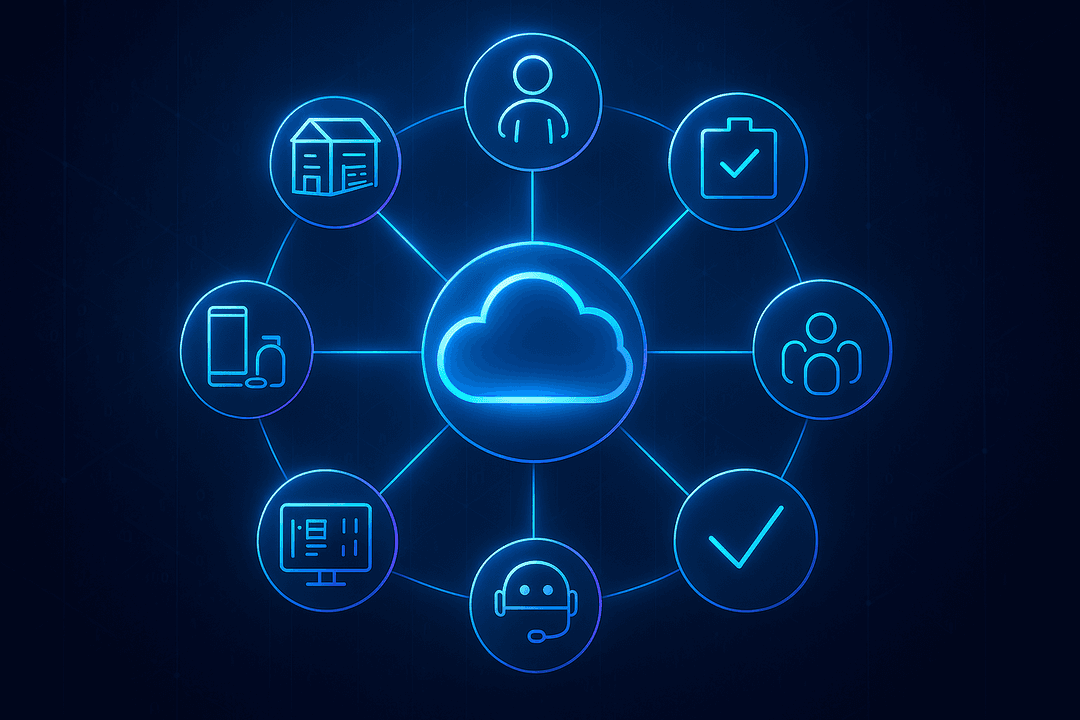



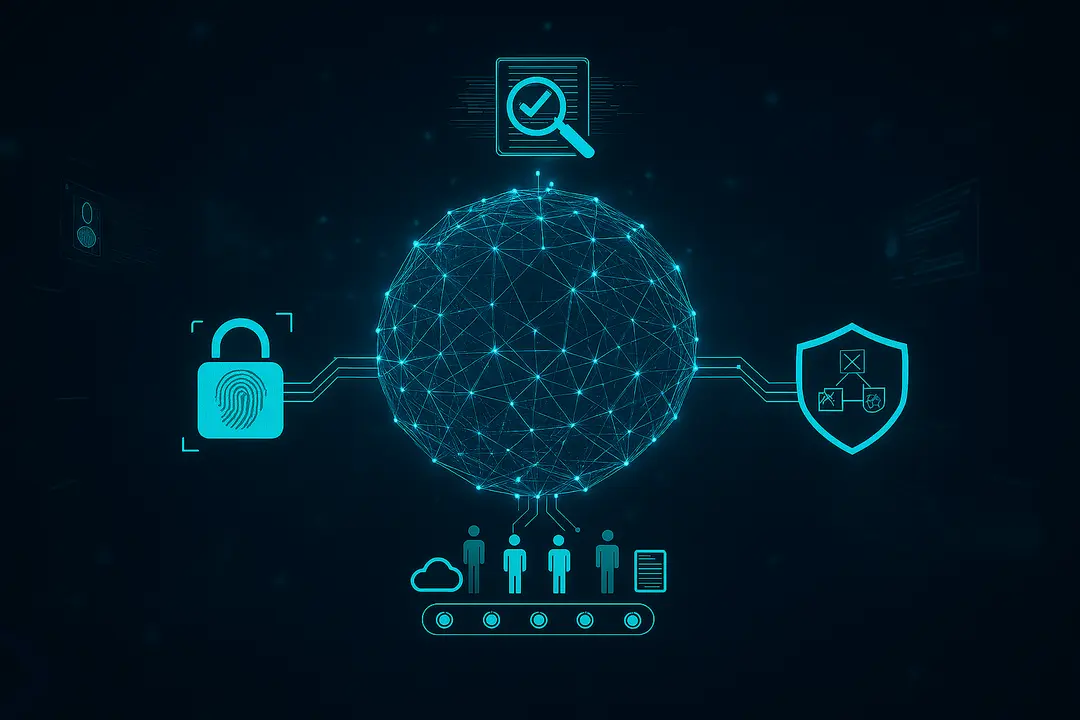
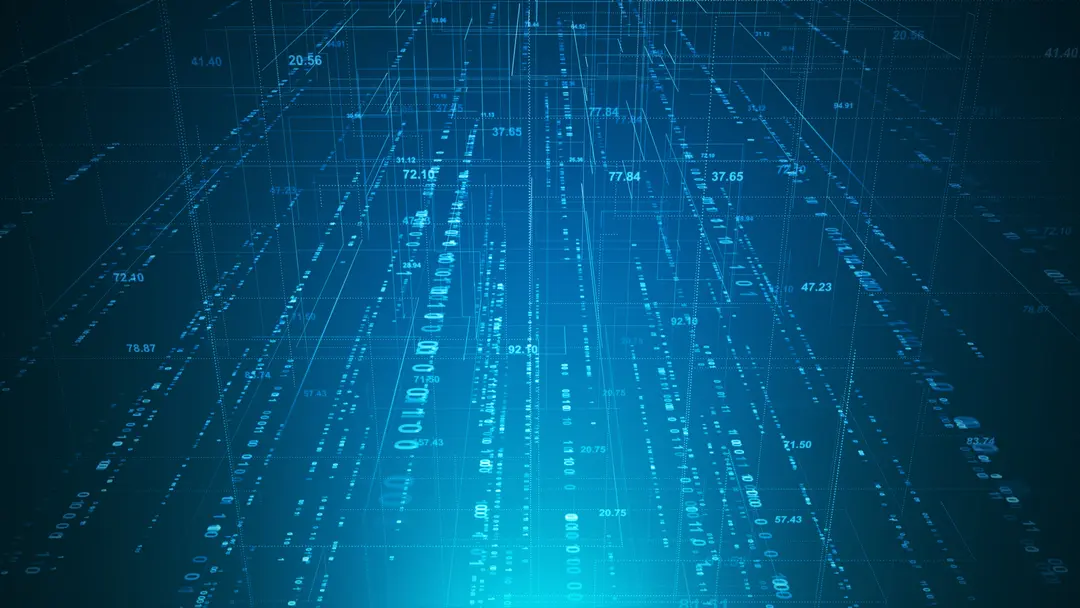



















.jpg&w=1080&q=75)




